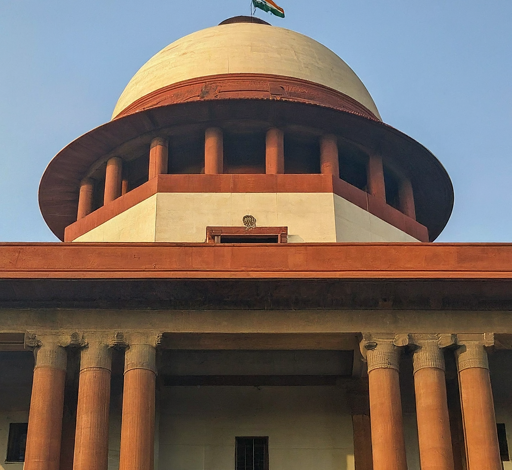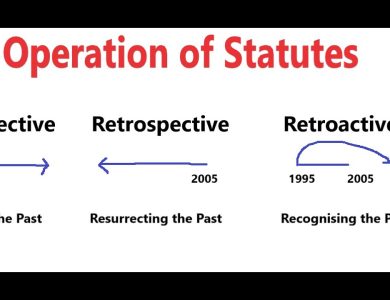The Changing Landscape: A Look at India’s New Laws

### The Changing Landscape: A Look at India’s New Laws
India, a nation characterized by its vast diversity and dynamic socio-political landscape, continually evolves through its legislative processes. In recent times, several new laws have been enacted, each aimed at addressing pressing issues and improving various aspects of life for its citizens. This article delves into some of the most significant new laws in India, examining their objectives, potential impacts, and the broader context in which they were introduced.
#### 1. **The Data Protection Bill, 2023**
In an era where data is often referred to as the new oil, the protection of personal data has become paramount. The Data Protection Bill, 2023, represents a landmark effort by the Indian government to regulate how personal data is processed and stored. The bill aims to provide individuals with greater control over their personal data while ensuring that organizations handling such data adhere to stringent guidelines.
**Key Features:**
– **Consent:** Individuals must provide explicit consent before their data is collected.
– **Data Localization:** Critical data must be stored within India, ensuring greater control and security.
– **Data Protection Authority:** An independent body will oversee data-related activities and enforce compliance.
**Impact:**
The bill is expected to enhance data security, bolster consumer trust, and potentially attract more international businesses looking for a robust regulatory environment. However, it also places significant responsibilities on businesses to upgrade their data protection frameworks, which could involve substantial costs and operational changes.
#### 2. **The New Labour Codes**
India has overhauled its labour laws by consolidating 29 central labour laws into four comprehensive codes: The Code on Wages, The Industrial Relations Code, The Social Security Code, and The Occupational Safety, Health, and Working Conditions Code. These changes aim to simplify and modernize the regulatory framework governing labour in India.
**Key Features:**
– **Unified Wage Definition:** A uniform definition of wages for the purpose of calculating benefits and entitlements.
– **Simplified Dispute Resolution:** Streamlined mechanisms for addressing industrial disputes.
– **Enhanced Worker Safety:** Stricter norms and guidelines for occupational safety and health.
**Impact:**
These reforms are anticipated to improve ease of doing business, encourage investment, and foster a more flexible labour market. For workers, the codes promise better protections and more streamlined benefits. Critics, however, express concerns that the new codes might dilute workers’ rights and make it easier for employers to hire and fire employees.
#### 3. **The National Education Policy (NEP) 2020**
While not a law in the traditional sense, the NEP 2020 represents a significant policy shift with legislative backing, aimed at transforming India’s education system. The policy seeks to make education more holistic, flexible, multidisciplinary, and aligned with the needs of the 21st century.
**Key Features:**
– **Early Childhood Care and Education:** Focus on foundational literacy and numeracy.
– **Multidisciplinary Approach:** Flexibility in subject choices with no rigid separations between academic streams.
– **Technology Integration:** Emphasis on digital literacy and the use of technology in education.
**Impact:**
The NEP 2020 aims to make education more inclusive and accessible, potentially reducing dropout rates and improving learning outcomes. Its success, however, hinges on effective implementation across diverse and varied educational landscapes in India.
#### 4. **The Medical Termination of Pregnancy (Amendment) Act, 2021**
This amendment to the existing law expands the access to safe and legal abortion services in India, reflecting changing societal attitudes towards reproductive rights.
**Key Features:**
– **Extended Gestation Period:** The upper limit for terminating a pregnancy has been increased from 20 to 24 weeks for certain categories of women.
– **Privacy Assurance:** The identity of women undergoing abortions is kept confidential.
– **Wider Scope:** Includes unmarried women, recognizing their right to access safe abortion services.
**Impact:**
The amendment is seen as a progressive step towards empowering women with greater autonomy over their reproductive health. It aligns with global standards and could significantly reduce maternal mortality and morbidity associated with unsafe abortions.
#### 5. **The Consumer Protection Act, 2019**
Replacing the Consumer Protection Act of 1986, this new act aims to address the challenges posed by modern commerce, particularly e-commerce.
**Key Features:**
– **E-commerce Regulation:** Includes provisions specific to e-commerce platforms, ensuring transparency and accountability.
– **Consumer Dispute Redressal:** Establishment of Consumer Dispute Redressal Commissions at various levels.
– **Product Liability:** Enables consumers to hold manufacturers and service providers accountable for defective products and services.
**Impact:**
The act strengthens consumer rights and provides mechanisms for swift redressal of grievances. It encourages fair trade practices and could enhance consumer confidence in both traditional and digital marketplaces.
### Conclusion
The recent legislative changes in India reflect the government’s efforts to adapt to contemporary challenges and aspirations. While these laws hold the promise of progress, their success will largely depend on effective implementation and enforcement. As India navigates its path forward, these new laws could play a pivotal role in shaping a more equitable, secure, and prosperous society.








